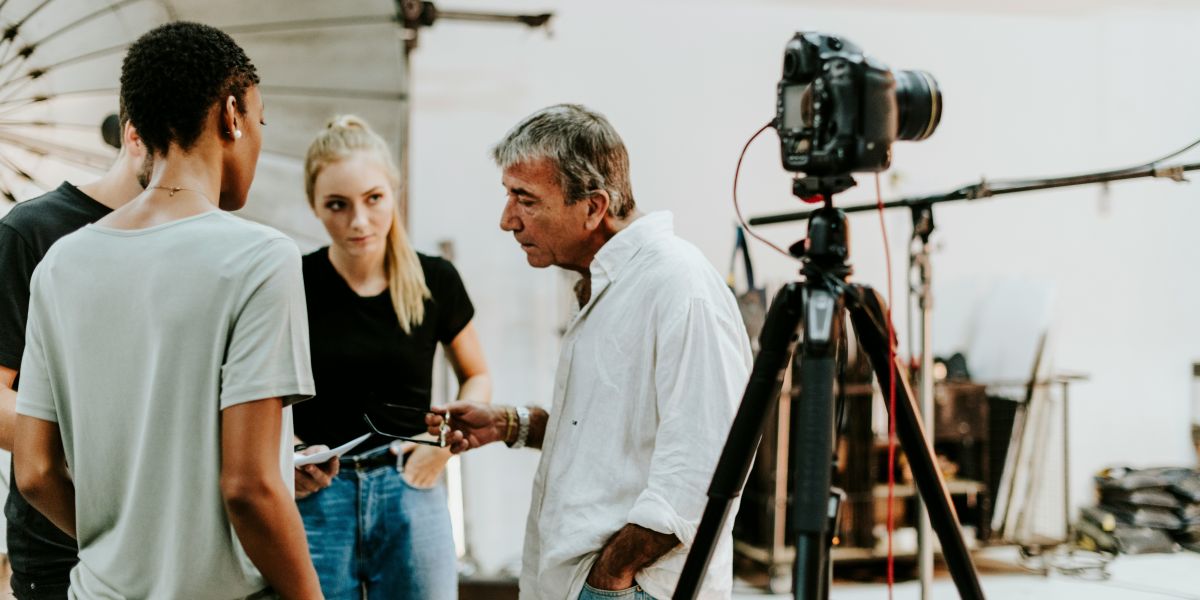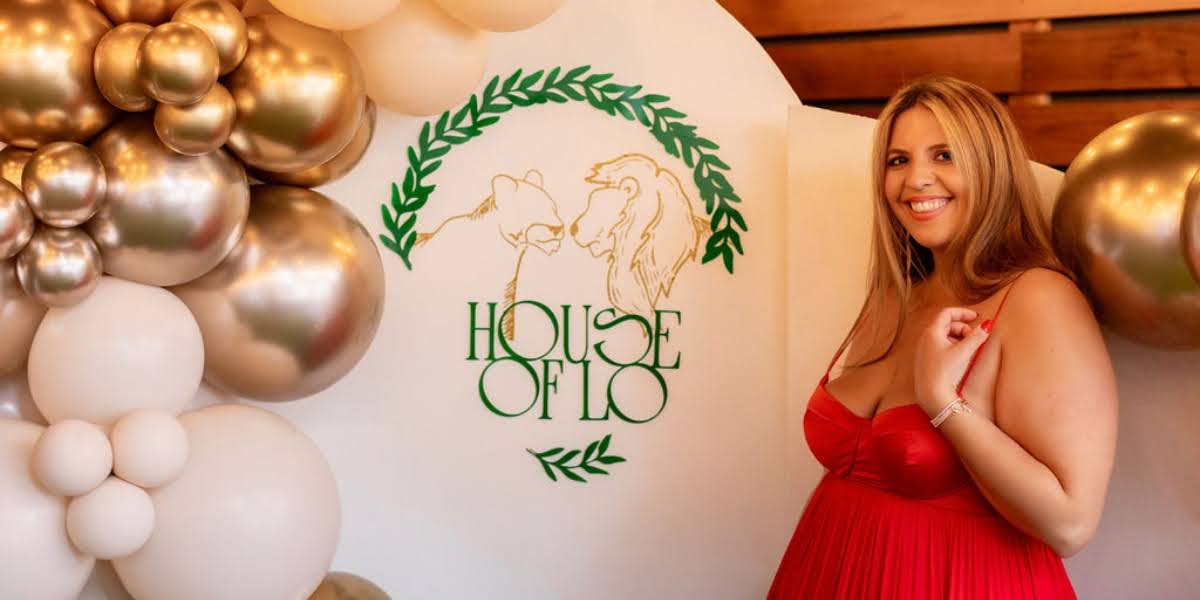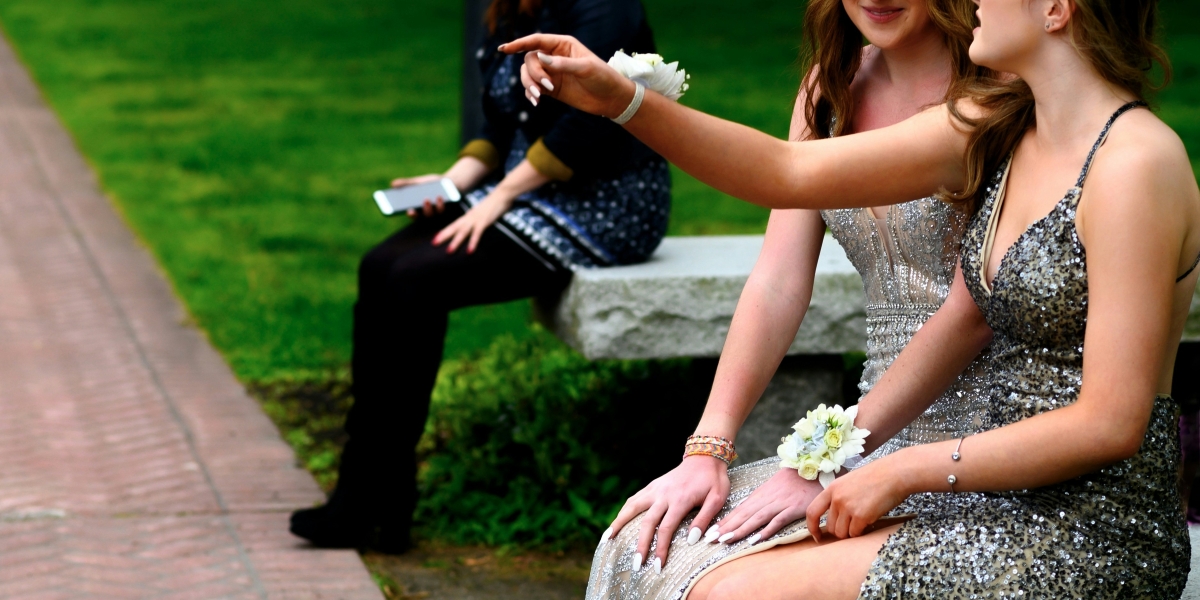The Fan Fair app is a mixture of pure social media and the skeleton of a dating app. Once a user builds a profile and tells what curates their specific sound and vibe, Fan Fair’s matching algorithm pairs that individual with other creatives that are very similar to themselves but differing in location. Upon both creatives mutually deciding that there is enough similarity, the app allows them to share content (Music, videos, etc.) to each other’s existing social media platforms with the push of a button. They can personalize the posts and see exponential growth from the exposure to the other user’s existing fans.
Micheal Ude, an artist himself, has selflessly devoted his time over the last few years to get this project up and running, calling Fan Fair “a way for people to think bigger.”
We had the opportunity to sit down with Micheal to learn more about his background, launching Fan Fair, and how the app can help musicians build and grow their fan base.
Thank you for joining us, Micheal. What led you to create and launch the Fan Fair app?
If you ask any artist if they think it’s possible to make it in the music industry, they say, “I think that’s possible.” Then you ask, do you think you will make it in the music industry? And I haven’t heard anybody say yes to that yet. And I think it’s because of a misconception about making it in the music industry. There’s a lot of money here in the entertainment industry, but the people who create content don’t earn much because of how the system is set up. A lot of that money goes to different antiquated systems and powers that don’t necessarily want to change.
Does Fan Fair represent a change to those systems?
With Fan Fair, I want to change how musicians think and the creative industry. So I can show people that it’s better for everybody involved, not just the musicians but the industry as a whole.
How do the industry executives benefit from Fan Fair?
Right now, the hardest thing for executives is finding out who to sign. So they’re perusing TikTok and Instagram, trying to find out if people are going viral or if they’re paying to go viral.
And if they’re paying to go viral, you’re signing them because you think they’re marketable. But in reality, those people don’t buy music, they don’t buy merch, and they don’t even listen to content; their names got attached to some iPhone giveaway.
So you’ve got a record label’s Artists and Repertoire (A&R) division perusing Instagram and Tiktok instead of going and listening to artists and hearing quality like they used to, and like they should be doing. Fan Fair gives that data to an A&R and says, “Hey, this guy is great. Not only is he great, but he’s actually marketable.”
That probably improves the fan experience as well. How does Fan Fair help the audience?
How many times do you hear something on the radio and say, “Man, this sounds like everything else,” or even better, how many times have you passed by some guy busking on the street in an incredible city and said, “Wow, that guy should be famous”?
Every time we say or do that, that’s a cry from the marketplace to say we want specificity back. The problem with the technological revolution is that it’s created such a boom, such an inundation of content, that now we’re swimming through it, just trying to figure out what’s what.
And now, when a new artist breaks, it’s a money game. Because of that, the mainstream is stripping the specificity of everybody’s sound. No longer is some angsty teenage kid listening to their favorite band saying, “Man, these guys get me.”
They hear the same things everybody else hears because it’s just about profits. So it is much better for the fans if creatives themselves could have more autonomy over the music they create and also see a realistic way forward to do a business out of their music. When this happens, they keep creating great music, which means they keep connecting with the people specifically into that genre or that style.
What makes you so passionate about music and improving the music industry?
I fell in love with music as a teenager – a friend gave me a guitar, but I never really learned to play until I was 18 and my uncle passed away. I remember having this song stuck in my head, so I just got down on the floor and prayed, “If you could help me play this guitar and play it the way it sounds, I will be so comforted.” And I got up from the floor, grabbed my guitar, and played the song the way it sounded in my head. And I’ve been playing ever since.
On the business side, I spent 12 years in corporate and government sales, which helps me really understand the music industry and how it can be changed to better serve more people.
And now we’re running with it, full steam ahead.
Fan Fair is a mobile app that uses a unique matching process to connect artists with other similar artists in different locations to share fans. To learn more about their innovative technology, visit www.fanfairapp.com or download the beta version at the App Store and Play Store.





